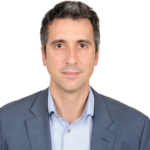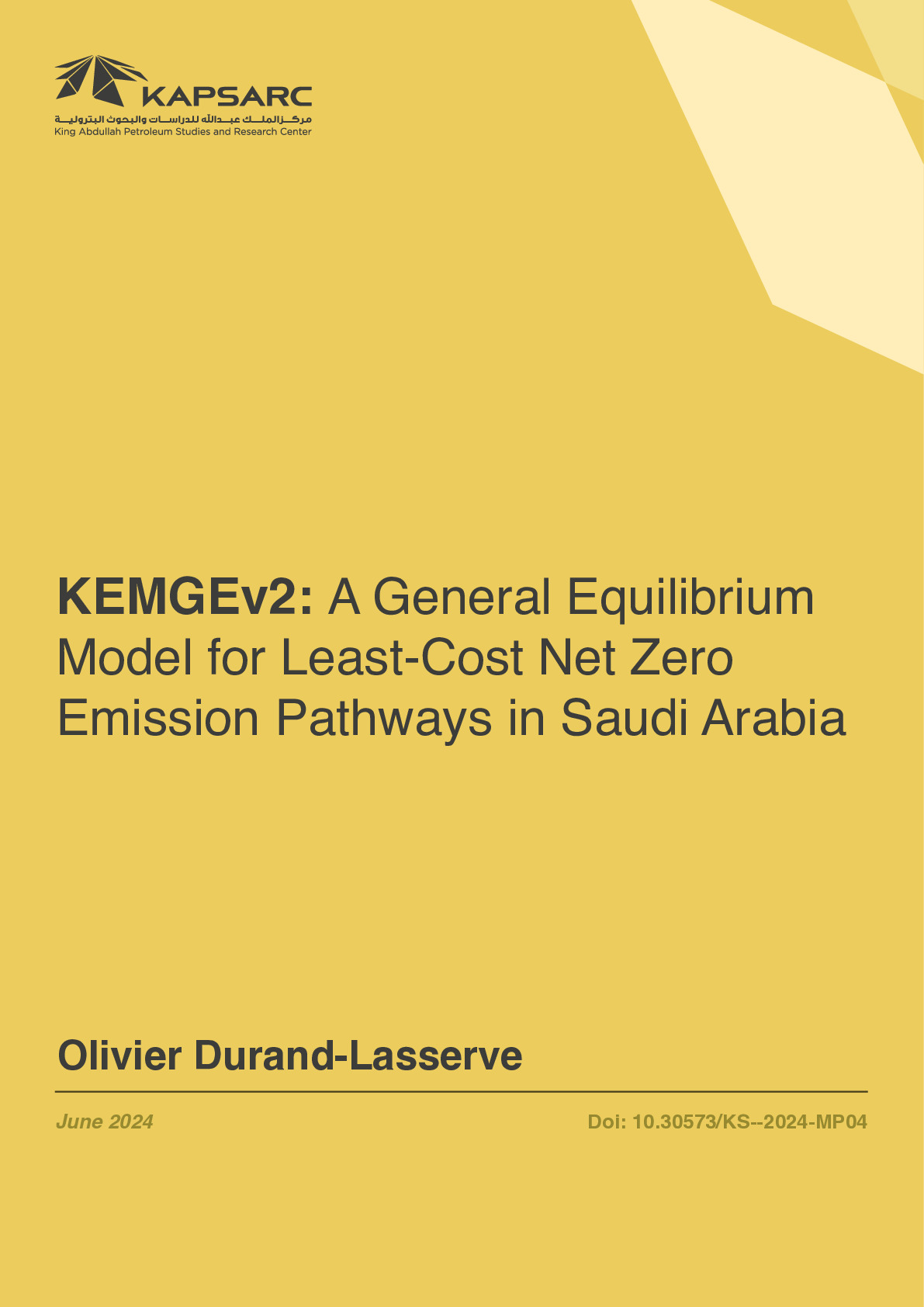The challenge: nationalizing the labour force in a transforming energy sector
Saudi Arabia has engaged in a deep transformation of its hydrocarbon-based domestic energy system. The shift is in line with the country’s Nationally Determined Contribution commitment to reduce emissions by 278 million tons below a baseline by 2030, and with its longer-term pledge to reach net zero emissions by 2060. Several initiatives were developed in this direction. The Kingdom has started deploying large capacities of solar and ambitions to install up to 130 GW of renewable by 2030147 . It has developed in NEOM, the world’s largest green hydrogen production facility, and is striving for greater achievements in the future. Saudi Arabia also launched ambitious plans to develop carbon capture with a hub able to capture 44 million tons of CO2 by 2035. The development of a civil nuclear sector is another of the country’s key priorities.



